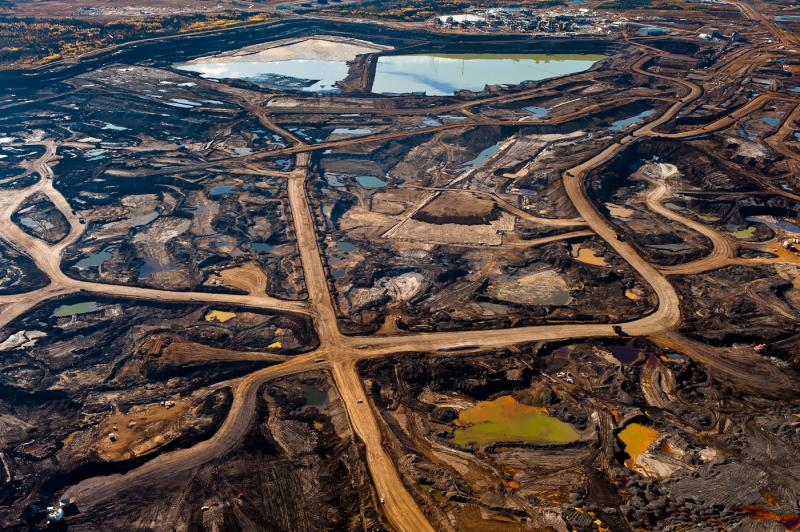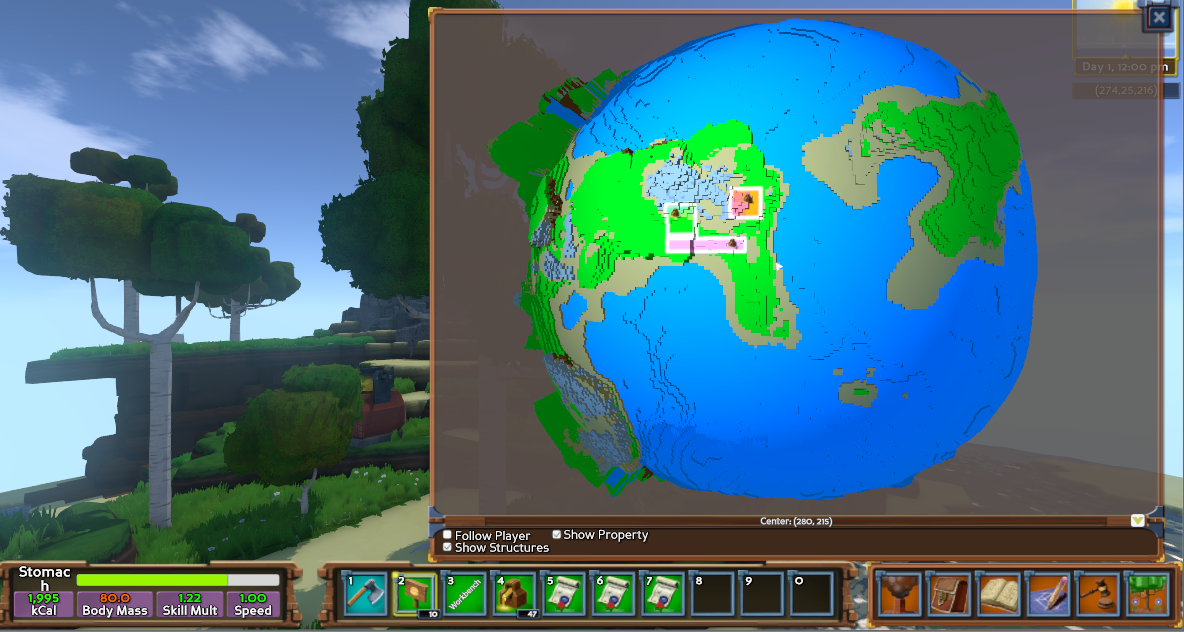

Australia is considered one of the world’s 17 megadiverse countries, which together account for 70 per cent of the world’s biological diversity across less than 10 per cent of the world’s surface. Many species, such as insects, remain largely undiscovered. Around 150,000 species have been formally described in Australia, but this is only about 25 per cent of the total number present.

Indigenous Australians have strong connections and obligations to biodiversity arising from spiritual beliefs about animals and plants.


Recreation-many recreational pursuits rely on our unique biodiversity, such as birdwatching, hiking, camping and fishing.Ecological life support- biodiversity provides functioning ecosystems that supply oxygen, clean air and water, pollination of plants, pest control, wastewater treatment and many ecosystem services.Many livelihoods, such as those of farmers, fishers and timber workers, are dependent on biodiversity. Economic- biodiversity provides humans with raw materials for consumption and production.The biodiversity book by the Commonwealth Scientific and Industrial Research Organisation (CSIRO Morton & Hill 2014 ) describes 5 core (and interacting) values that humans place on biodiversity: Biodiversity is also considered by many to have intrinsic value-that is, each species has a value and a right to exist, whether or not it is known to have value to humans. Biodiversity is important to humans for many reasons.


 0 kommentar(er)
0 kommentar(er)
